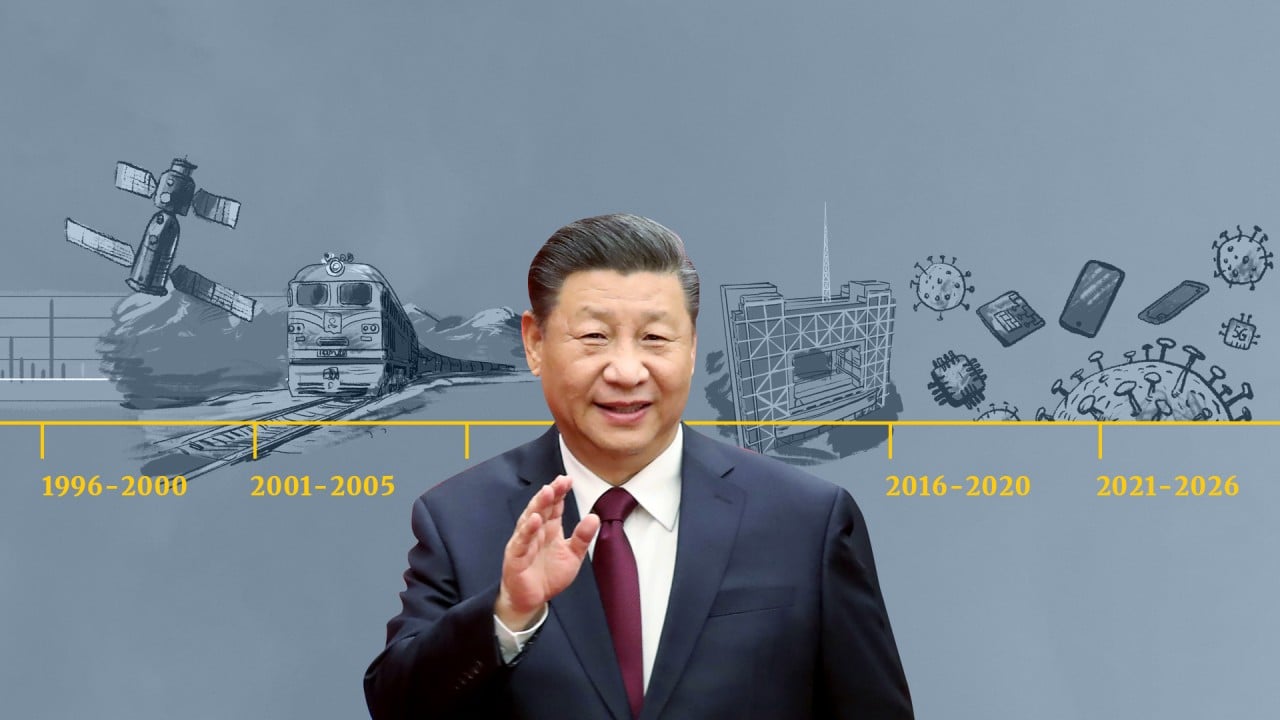
Chinese fund managers cut stock holdings to nine-month low as policy and valuation risks abet US$32.4 billion loss
- Holdings slipped to 75.9 per cent of stock-focused mutual funds’ total assets in the first quarter, the lowest since June, according to Bohai Securities
- Zhang Kun, China’s biggest fund manager, cut the holdings of Chinese baijiu stocks by 10 percentage points as popular ‘stampede bets’ unwound
The average equity holdings dropped to 75.9 per cent of the total assets in the industry, according to Bohai Securities, a 2.1 percentage points drop from the end of 2020 when the size of the industry topped 21 trillion yuan (US$3.24 trillion).
The first-quarter fund holdings offer an insight into how the nation’s biggest money managers have readjusted their strategies and portfolio with a multitude of challenges as tightening credit, antitrust scrutiny and geopolitical risks have begun to squeeze returns.
“There was an obvious shift of investment style in the first quarter,” said Cao Chunxiao, an analyst at Huaxi Securities. “Cyclical stocks gained favour among mutual funds” because the economic recovery from the pandemic gained further traction, he added.
Surveillance camera maker Hangzhou Hikvision, China Merchants Bank and property developer China Vanke were among the biggest holding increases in the first quarter, according to Bohai Securities. On the opposite, home appliances maker Midea Group and car battery maker Contemporary Amperex suffered net reduction.
While money managers cut their equity exposure, that was still not enough to completely shield them from market turbulence that pummelled overvalued stocks such as Kweichow Moutai and Longi Green Energy – that powered the broader-market rally last year.
Kweichow Moutai, the world’s most valuable distiller, tumbled 2.5 per cent in Shanghai on Wednesday after reporting a 6.6 per cent increase in first-quarter profit, decelerating from a 13 per cent growth in 2020.



